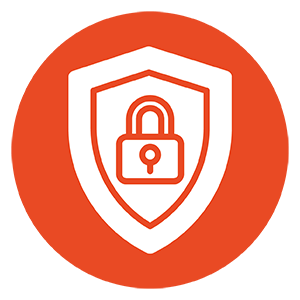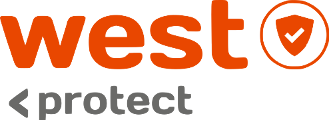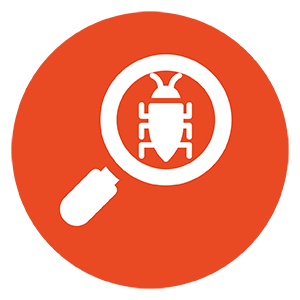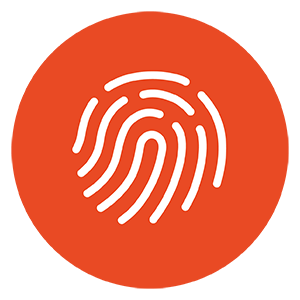Cyber News
Cyber threats are evolving every day, keeping up with them is a full-time job. The WESTprotect Cyber News is your source for how these changes affect you in the real estate, title, mortgage, and settlement services industry. From cyber threats to new Tactics, Techniques, and Procedures (TTP’s) we’ve got you covered.
Preparing for Flash and Office 2010 end-of-life
October 9, 2020
Running software past its end of life introduces risk to your organization. It means you will no longer receive security updates and patches for newly discovered vulnerabilities. Sometimes the business requires that you continue to use an unsupported product. Adobe Flash is a case in point. Read more >>>
Identity theft is the use of someone else's personal information without permission, typically to conduct financial transactions. By personal information, we mean data that institutions use to identify or recognize you: your social security number, your bank account number, your address history, and so forth. Read more >>>

Cybersecurity Awareness Month
October 1, 2020
It's October 1st, which means the 17th Annual Cybersecurity Awareness Month is here! This year's theme is Do Your Part. #BeCyberSmart, emphasizing the role everyone plays in protecting their online lives. Each and every one of us needs to do our part to make sure that our online lives are kept safe and secure. That's what Cybersecurity Awareness Month is all about! Read more >>>
Everything lives online these days, so it's not uncommon to have hundreds of credentials for different accounts on apps and websites. That's why a password manager is a must, and your iPhone has one built right into iOS that you can start using today. In iOS 14, it's gotten even more useful since it can now monitor your passwords regularly to see if any match leaked password lists online. Read more >>>

Smishing: the New Phishing
September 25, 2020
Many people know about Phishing, a form of social engineering to deceive individuals into doing a hacker’s bidding. Hackers convince users to click on malicious links in an email resulting in malicious file downloads or redirection to credential-stealing websites. Smishing is a lesser-known form of phishing that targets smartphone users via text or SMS messages. When it’s successful, smishing tricks the recipient into taking some action. Read more >>>

Phishing attacks are targeting your social network accounts
September 24, 2020
Scammers are targeting your social network accounts with phishing emails that pretend to be copyright violations or promises of a shiny 'blue checkmark' next to your name. With social networks such as Twitter, Facebook, Instagram, and TikTok becoming a significant component in people's lives, attackers target them for malicious purposes. These stolen accounts are then used for disinformation campaigns, cryptocurrency scams like the recent Twitter hacks, or sold on underground markets. Read more >>>







